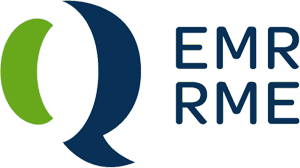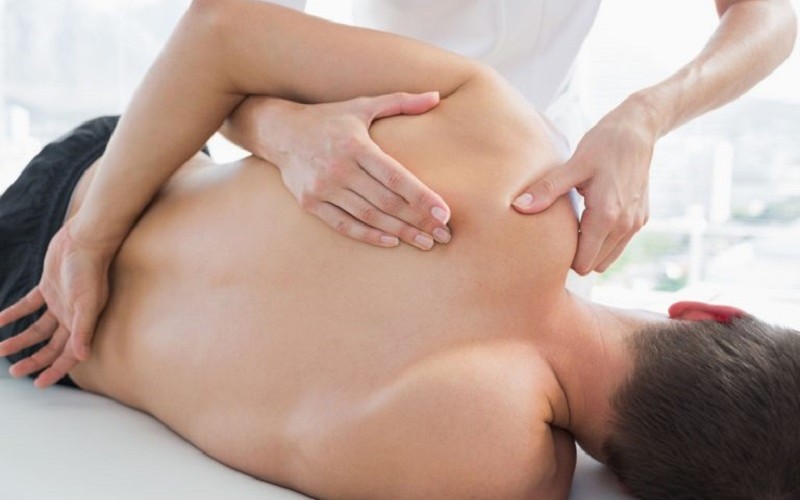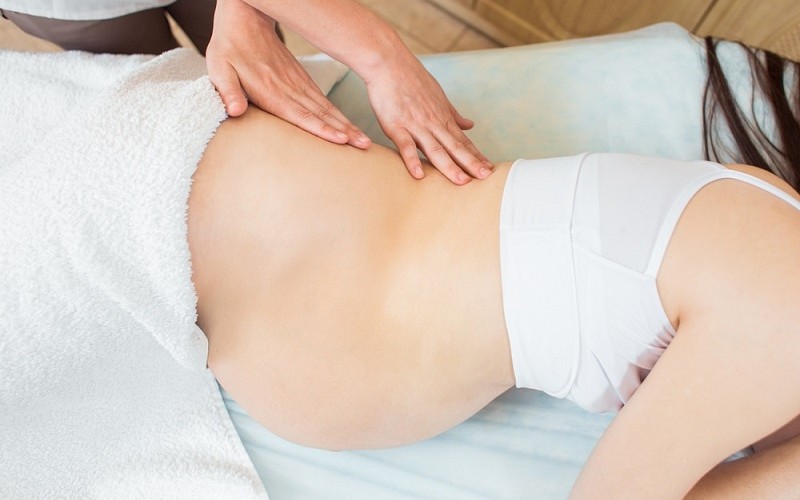Endometriosis: Pain relief with physiotherapy
Philae Center

What is endometriosis?
Endometriosis is a chronic disease affecting around 1 in 10 women of childbearing age. It is characterized by the presence of endometrial-like tissue outside the uterus, which can affect the ovaries, fallopian tubes, bladder or intestine. This tissue, which is sensitive to hormonal cycles, causes pain, inflammation and adhesions, with a major impact on quality of life.
What are the symptoms?
The signs of endometriosis vary from woman to woman, but certain symptoms are frequently observed:
- Chronic pelvic pain or pain during menstruation
- Heavy, irregular periods
- Pain during intercourse (dyspareunia)
- Digestive and urinary disorders (bloating, constipation, pain when urinating)
- Chronic fatigue and sleep disorders
- Difficulty conceiving (in some cases)
Endometriosis or adenomyosis?
Endometriosis should not be confused with adenomyosis, a disease with similar symptoms. Unlike endometriosis, where endometrial tissue develops outside the uterus, adenomyosis infiltrates the uterine muscular wall (myometrium).

Although distinct, these two pathologies have several similarities:
- Hormone-dependent, they react to variations in estrogen.
- Adenomyosis is sometimes referred to as internal endometriosis, although this term is not medically recognized.
- Combined with hormonal imbalances and chronic inflammation, they can have a major impact on patients' quality of life.
Diagnosis often delayed
Endometriosis is often diagnosed late. Its symptoms, sometimes trivialized or confused with other gynecological or digestive pathologies, delay treatment and exacerbate the impact on daily life.
What treatments?
How does physiotherapy help relieve endometriosis?
Endometriosis often leads to excessive tension of the pelvic floor muscles, tissue adhesions and impaired mobility of the pelvic organs. As a result, pain is aggravated and daily comfort is considerably reduced.
Specialized physiotherapy offers gentle and effective techniques for :
Release muscular tension
with targeted massage and mobilization, reducing pelvic pain.
Improve pelvic and organ mobility
to reduce adhesions and promote better digestive and urinary function.
Soothe stress and fatigue
with breathing and relaxation exercises, essential for relaxing the perineum.
Facilitating recovery after surgery
by softening scar tissue and avoiding post-operative pain.
As a complement to other medical treatments, physiotherapy offers a non-invasive, personalized approach tailored to the needs of each woman suffering from endometriosis. It helps to restore daily comfort and improve quality of life.
Why choose our Lausanne office?
At Centre Philae, we specialize in pelvic rehabilitation and the management of chronic pain, particularly that associated with endometriosis. We understand the physical, psychological and emotional challenges of this condition, and offer a comprehensive, personalized approach to support you effectively.
A team of specialized therapists
Our physiotherapists, trained in specific pelvic pain relief techniques, work to improve your mobility and restore your well-being.
- Careful management: we are particularly vigilant about pain that is often underestimated or attributed to menstrual cycles and stress.
- A human, caring approach: we listen to you and tailor our care to your specific needs.
Science-based methods: we apply the latest advances in Evidence-Based Medicine to offer you effective, sustainable solutions.
Our team of experts
Solen, Amélie and Clara are specifically trained in the management of endometriosis-related disorders. We pool our skills, experience and ongoing training to offer comprehensive, up-to-date support.
Each of us has received specific training in the latest techniques. Depending on need, we offer manual visceral and pelvic work for pain management, treatment of abdominal and digestive disorders, and support with posture, breathing and adapted physical activity.
Our aim is to relieve pain, improve quality of life and promote lasting well-being, with respect for each individual and in a relationship of trust.
We also work in a multidisciplinary network with gynecologists, midwives, psychologists and nutritionists specializing in endometriosis, to ensure consistent, comprehensive care."
Personalized, caring care
Every woman and every pathology is unique. Our skills enable us to adapt our treatments according to your medical history, initial assessment and the progress of your care. We make a point of respecting your tolerance to pain and your apprehensions, so that each session is experienced in the best possible conditions.
Gentle, effective techniques
We use non-invasive methods to reduce tension and improve your quality of life:
✔ Abdominal massage and pelvic mobilizations
✔ Diaphragmatic breathing and perineal relaxation
✔ TECAR therapy, an innovative technology that promotes pain reduction, improved scar adhesions and blood circulation, bringing real added value to our care.
Need personalized support?
Don't be alone in the face of pain. If you have any doubts, contact usA physiotherapist will take the time to advise you. We're convinced that physiotherapy can help you regain comfort and manage your day-to-day life better. If necessary, we can also refer you to other complementary therapies adapted to your situation.
Course of a physiotherapy session for endometriosis
Each session begins with a personalized assessment. The physiotherapist assesses pain, posture, pelvic mobility and muscle tension, particularly in the perineum and abdomen. The aim is to identify sensitive areas and restrictions of movement.
This is followed by manual work and targeted exercises to relax hypertonic muscles and improve blood circulation. Abdominal and pelvic massages, gentle mobilization and stretching help relieve tension. Breathing is integrated into the techniques to optimize muscle relaxation and adapt each gesture to the patient's specific needs.
Learning techniques to apply at home extends the benefits of the sessions. Abdominal breathing, self-massage and perineal relaxation exercises help to manage pain more effectively on a daily basis.
Last but not least, regular follow-up ensures that treatment is adjusted as required. This comprehensive, personalized approach helps women with endometriosis to regain comfort and a better quality of life.
FAQ - Answers to your questions about endometriosis and physiotherapy
Can physiotherapy really relieve endometriosis?
Yes, physiotherapy is an effective complementary approach to reducing pelvic pain and improving daily comfort. It relaxes perineal muscles, which are often over-contracted due to chronic pain, and releases abdominal tension through massage and mobilization techniques. It also improves pelvic organ mobility and helps relieve digestive and urinary disorders associated with endometriosis.
How many sessions are required?
The number of sessions varies with each patient. We recommend a minimum of 9 sessions to observe improvements. However, some patients may require longer sessions, depending on the intensity of pain, adhesions and specific needs (post-operative rehabilitation, stress management, etc.).
Is pelvic rehabilitation painful?
No, pelvic re-education is carried out using gentle, progressive techniques, always adapted to your tolerance level. Manual work and exercises are designed to relax and soften the pelvic area, without causing additional pain. The aim is to bring relief, not to exacerbate discomfort.
Can I do these exercises at home?
Yes, in addition to the sessions, your physiotherapist will suggest simple, adapted exercises to incorporate into your daily routine. These include abdominal breathing exercises, pelvic stretching, self-massage and relaxation techniques. These exercises help maintain the benefits of the sessions and gradually improve your well-being.











